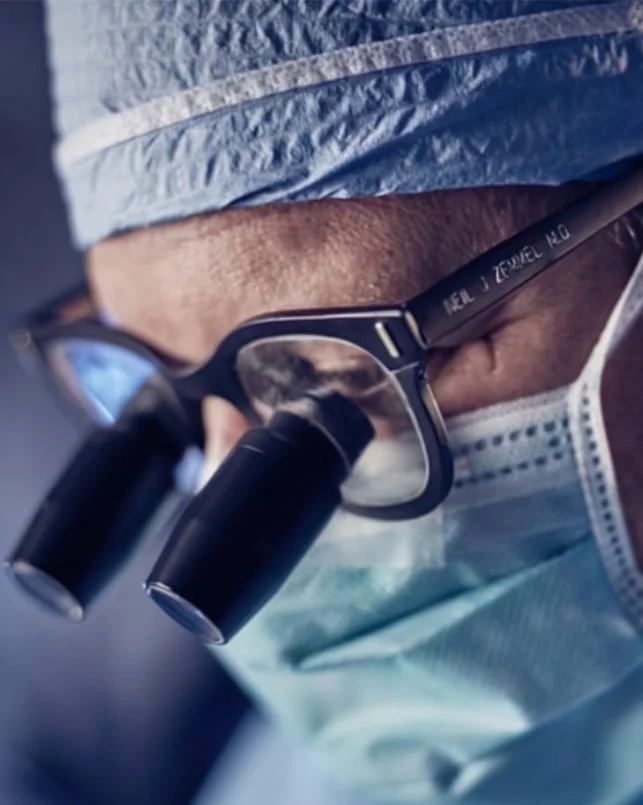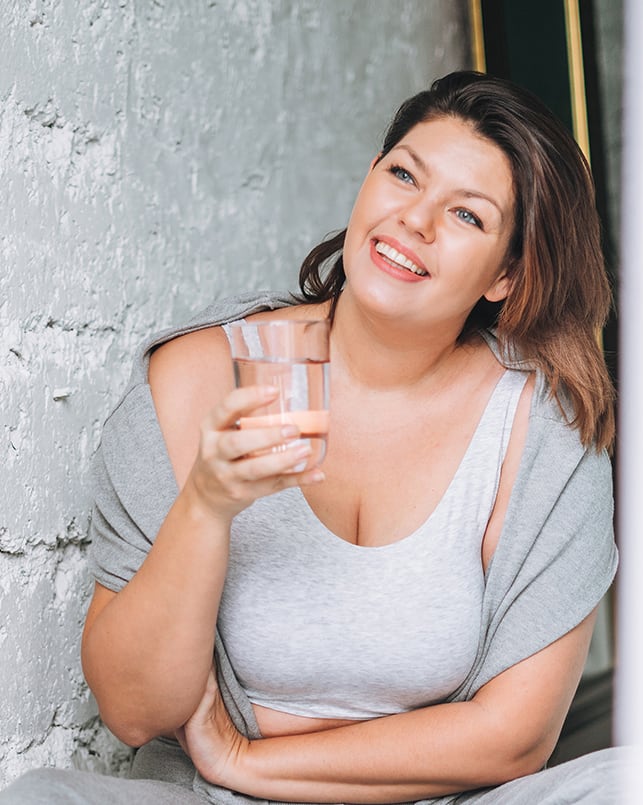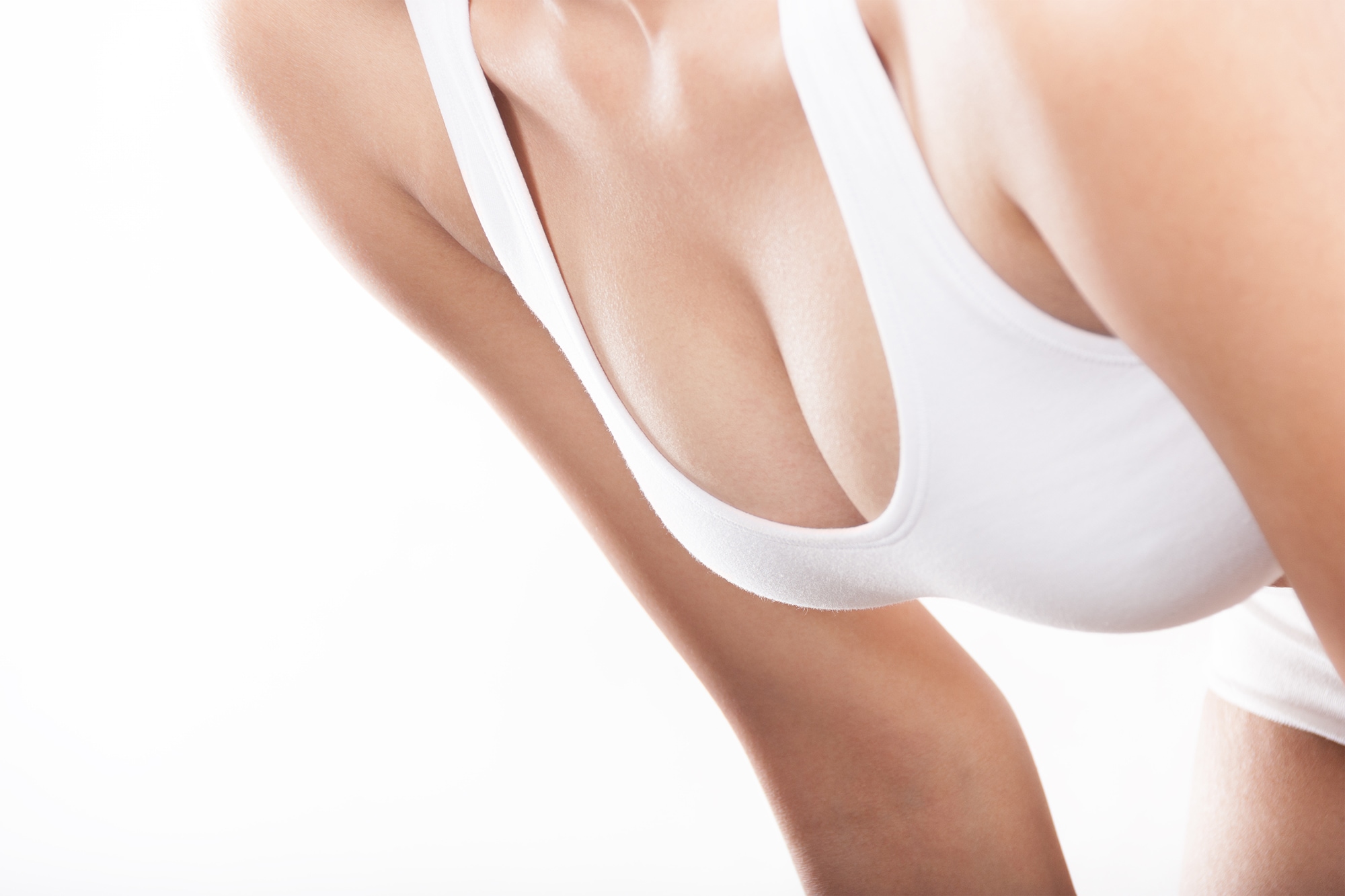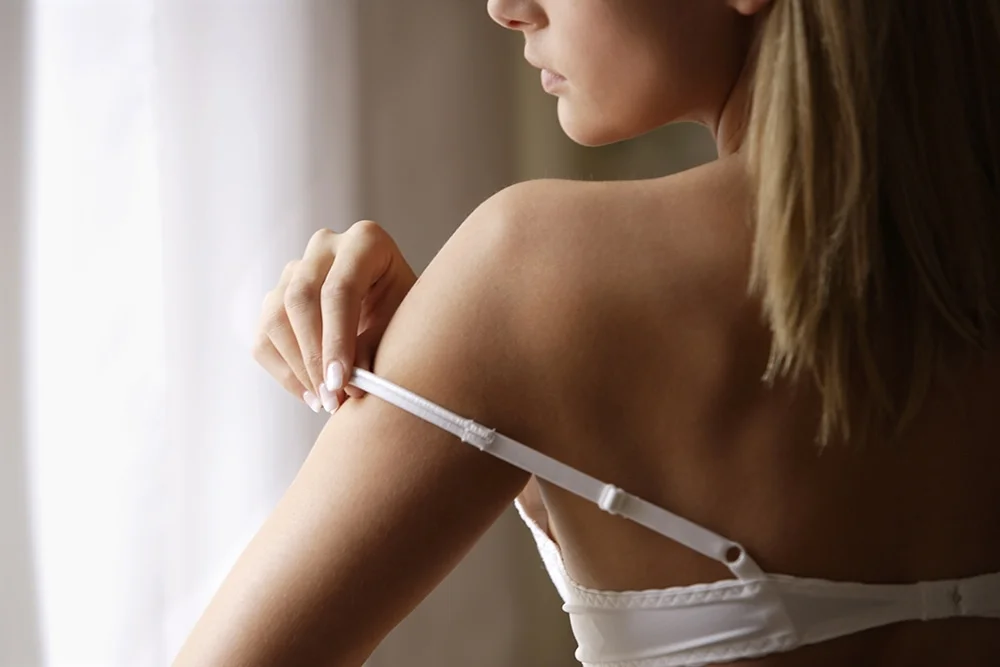Like with any procedure, our board-certified plastic surgeon emphasizes patient education with breast reduction. During the consultation, Dr. Zemmel will determine if you are a good candidate for breast reduction or if an alternative option is more appropriate for your needs. If a reduction is considered the most beneficial method for obtaining your goals, he will move forward with discussing every aspect of the surgery to ensure you make an informed decision about your care. By knowing what to expect before and after your surgery, you can be more prepared and plan accordingly.
- Breast Reduction Consultation Process
- Questions to Ask Your Surgeon
- What to Say at the Breast Reduction Consultation
- What to Wear to the Breast Reduction Consultation
- Bringing Guests to the Breast Reduction Consultation
- Preparing for Breast Reduction
- Medical Tests Before Breast Reduction
- Medications to Avoid Before Breast Reduction
- Time Between Breast Reduction Consultation and Surgery
- What to Expect the Day of Breast Reduction Surgery
Dr. Zemmel puts a high value on patient education; he is committed to helping you make informed decisions about every aspect of your treatment to ensure you obtain the results you desire.
What Is the Breast Reduction Consultation Process Like?
 Your First Breast Reduction Consultation
Your First Breast Reduction Consultation
Your first visit with Dr. Zemmel will take approximately 45-60 minutes and will include an interview and a physical exam. During the interview, he will discuss what bothers you about having large breasts, as well as what you hope to achieve through surgery. You should mention specific areas of pain, if you get rashes, and if bra straps tend to cut into your skin. You will also need to communicate any pain medication you have taken or physical therapy you have received to alleviate these issues. Your surgeon will then review your medical history to determine if you are a good candidate.
For the exam portion of the consultation, your surgeon will evaluate the following:
- Height and width of the breasts
- Width of the chest and ribcage
- Current cup size and the quality and distribution of the breast tissue
- Quality of your skin and presence of stretch marks
- Diameter of the nipple and areola as well as their position on the breast
- Potential cysts, lumps, or other masses
With this information, your surgeon can determine how much breast tissue will need to be removed.
If you have any medical problems caused by overly large breasts, our team will send a letter to your insurance carrier to preauthorize your procedure. Once authorized, your surgery can be scheduled. If you are undergoing breast reduction surgery for strictly cosmetic reasons, you will be given a full quote with a detailed list of all fees related to the procedure. Plastic surgery financing options are available to help make your breast reduction cost more affordable, should you be interested.
Your Final Breast Reduction Consultation
After your surgery has been scheduled, you will come in for a second consultation to go over the details of your procedure again. At this time, another exam will be performed, and you will discuss what you hope to achieve through surgery to ensure it is well-planned for your unique desires. This includes the type of breast reduction incision technique, position of the areola, and your final cup size. Your surgeon will also educate you on the risks, benefits, alternatives, and recovery process.
To conclude this visit, you will be provided with a packet of information, including the prescriptions and instructions for pre- and post-operative care.
Questions to Ask Your Breast Reduction Surgeon
Choosing the right plastic surgeon is the most important decision for your breast reduction procedure. An experienced, highly qualified surgeon can ensure your safety and design a surgical plan that addresses your concerns, helping you achieve optimal results. To get to know your surgeon’s background and expertise in breast reduction, it can help to ask the following questions during your consultation:
- Are you board-certified by the American Board of Plastic Surgery (ABPS)?
- How many years have you been practicing?
- What’s your experience with breast reduction surgery?
- Do you have any breast reduction before-and-after photos I can see?
- Where will my breast reduction surgery be performed?
- Am I a good candidate for breast reduction?
- What are the risks of undergoing breast reduction surgery?
- What should I do if I think I’m developing a complication after breast reduction?
It is important for you to feel confident in the hands of your surgeon and comfortable to ask questions at every step of the process. If you ever feel unsure if a surgeon is right for you, never hesitate to consult with one or more other surgeons until you feel at ease in their care.

What Should I Say at My Breast Reduction Consultation?
Your consultation is your allotted time to learn about the plan for your treatment. In addition to questions about the details of your procedure, we encourage you to use this visit as an opportunity to tell your surgeon about your medical history, including previous surgeries, health issues, and whether or not breast cancer or other diseases have occurred in your family. You should be upfront about any medications you are taking. If you drink, smoke, or take recreational drugs regularly, you should also disclose this to Dr. Zemmel. All of this information can help your surgeon plan a safe, effective course of action for your breast reduction.
As Dr. Zemmel takes pride in personalizing each breast reduction to meet the needs of the patient, he also urges patients to be transparent about their aesthetic goals. During your consultation, you should feel free to communicate your expectations for the surgery and the outcome you desire. Dr. Zemmel will listen to these wishes and tailor your experience around them.
“Awesome Work. Love Dr Zemmel..would Recommend To Everyone. Staff Was Great. No Question About It. I Went In For A Breast Reduction And My Results Are Amazing, Will Go Back If Anything Further I Want To Do. Love Them!”
What Should I Wear to My Breast Reduction Consultation?
Because you will be examined and evaluated during your initial consultation, you should wear loose, comfortable clothes which are easy to remove. For the same reason, you may also want to refrain from wearing excessive jewelry. Remember that since one of the primary goals of this consultation will be to obtain your measurements, you will not need to worry about “dressing up” for this meeting.
Can I Bring Someone to My Breast Reduction Consultation?
In general, Dr. Zemmel allows patients to bring loved ones, friends, or family members to their consultation. This can be extremely helpful for some patients to not only remember certain details, but also get valuable input from someone they trust. If there are any changes to this policy, you will be informed prior to your appointment.
How Do I Prepare for Breast Reduction Surgery?
As your surgery date gets closer, you will need to begin preparing for your procedure and the recovery process. In general, you can expect to follow the timeline below, which will be explained in more detail by our team and in the instructions you will be provided:
About One Month Before Your Breast Reduction
- Tests: You may be asked to undergo blood tests, a urinary pregnancy test, and other tests to confirm you are in good health for your surgery. If you are over the age of 55, this may include an ECG and mammogram.
- Prescriptions: We highly recommend you fill any prescriptions prior to the day of surgery.
- Smoking: If you regularly smoke, it is important that you quit at least six weeks before your surgery, as smoking can increase your risk of complications.
One to Two Weeks Before Your Breast Reduction
- Arrange for help: You will need to get a ride home after your surgery, and you may also want to ask friends or family to help you as you begin your recovery.
- Stop taking certain medications: You will get a list of medications, vitamins, and supplements to avoid two weeks before surgery, due to their ability to interfere with healing.
- Prepare your home: It can help to stock up on food, put objects you will need within close reach, and ensure any other preparations are made for a comfortable recovery when you will not be able to move around as much.
Days Before Your Breast Reduction
- Remove nail polish: Any colored nail polish or acrylic nails will need to be removed before surgery. This is because a device will be clipped onto one of your fingers to measure your oxygen, and nail polish and artificial nails can interfere with this.
- Shower and wash your hair: These hygiene habits will be more difficult at first during your recovery, so you will want to do them before your surgery. Make sure to avoid using any lotions or deodorants on your skin before your procedure.
- Fasting: More specific instructions on when you should stop eating or drinking before your procedure will be explained to you beforehand. For morning surgeries, this typically involves stopping eating at midnight and avoiding water or clear liquids two hours before surgery.
Will I Need Any Medical Tests Before My Breast Reduction?
A physical examination will be performed before your breast reduction can be scheduled. Patients will also need to undergo a Complete Blood Count (CBC) test before they are eligible for breast reduction surgery. This evaluates the patient’s overall health to ensure they have no underlying health issues that may affect their safety during surgery and ability to properly recover after. Depending on the results of this test, further medical tests may be requested. If you are over the age of 40 or have a family history of breast cancer, you may need to schedule a mammogram to detect the presence of any abnormal masses.
What Medications Should I Stop Taking Before Breast Reduction?
Certain medications should not be taken before breast reduction surgery, as they may interfere with anesthesia or your healing process. You will be provided with a detailed list of these medications ahead of time, allowing you enough time to plan accordingly. Common medications that should be avoided include NASAIDs (e.g., ibuprofen, aspirin, and Motrin), herbal supplements, dietary supplements like vitamin E, and other blood thinners.
In most cases, you will need to stop taking these at least two to three weeks before your scheduled surgery date. This is for your safety during surgery and to ensure a smooth healing process as you navigate your recovery. Your surgeon will discuss your medical history with you during your consultation, and can advise you on any prescription medication you take.
How Long After My Consultation Will I Have a Breast Reduction?
Once you have been determined a good candidate for breast reduction and have undergone the necessary examinations and tests, a date for your surgery can be booked. That said, there is no concrete amount of time for patients to wait between their final consultation and the day of the procedure. The length of the period depends on factors such as insurance (as a waiting period may be required), the usage of certain medications, whether or not you are a smoker, and more. Rest assured that Dr. Zemmel will take all of these factors into account before scheduling your surgery.
Schedule Your Consultation
If you are ready to schedule your consultation, or have any questions about the time leading up to your surgery, please feel free to contact us, and one of our friendly staff members will be happy to assist you.




